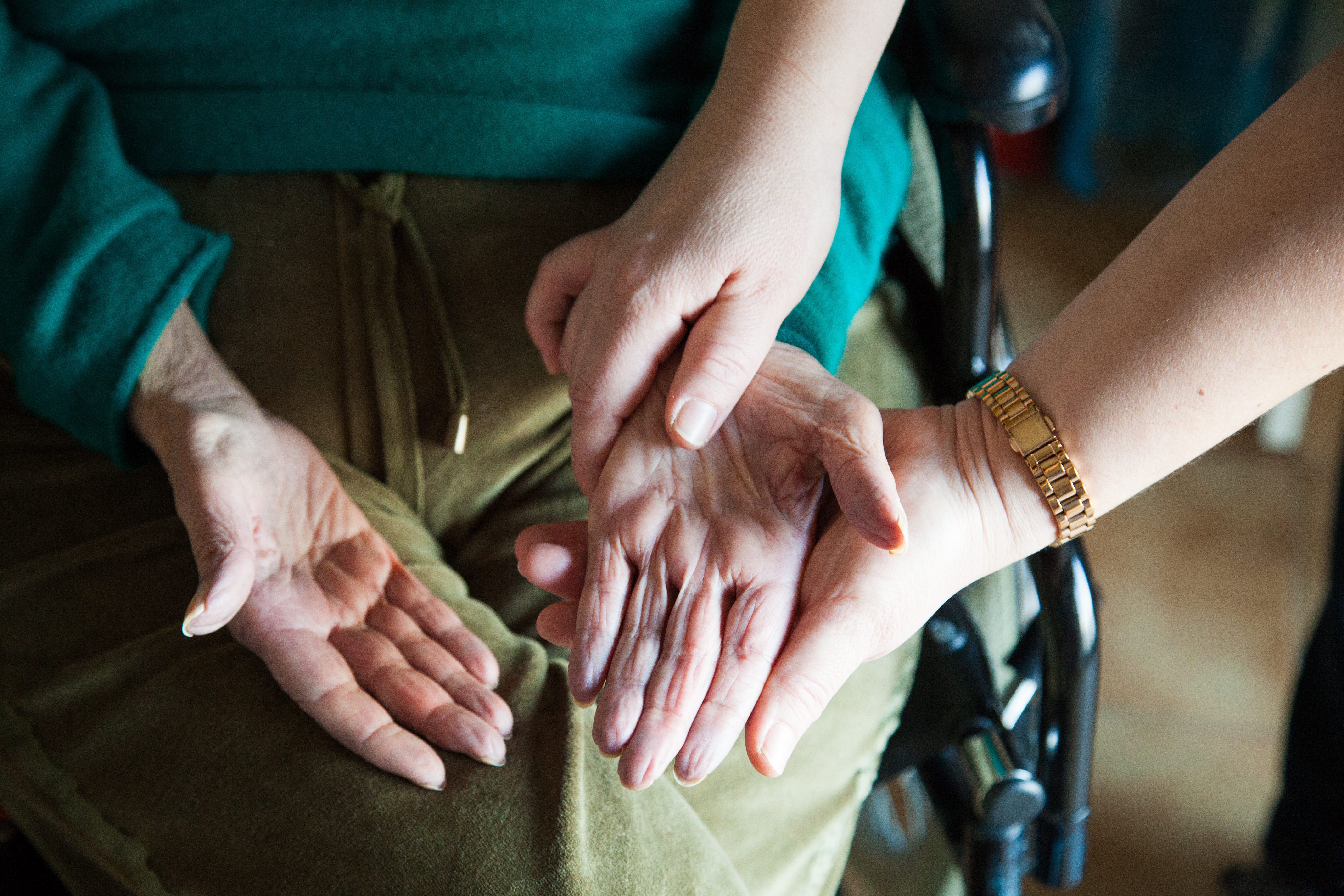The Consequences of Uneducated Family Caregivers

That latest research from AARP and the National Alliance for Caregiving is alarming. The US had 43.5 million unpaid caregivers in 2015. By 2020, that number soared to 53 million. Nearly one in five or 19% provide unpaid care to an adult with health or functional needs.
Most older Americans with some form of cognitive impairment live in their homes.
Research studies vary on the numbers or percentages. Still, I believe it's safe to say that average projections say approximately 1 in 4 elderly adults living at home are living with some level of dementia.
The consequences of uneducated family caregivers is staggering. Among these:
- Increased risk of elder abuse from family members who are overwhelmed, exhausted, and experiencing caregiver burnout
- Higher incidents of financial exploitation from family members and others who target older adults, especially those with dementia
- Services available for respite care, in-home support, and residential care are missed because families don't understand care options.
- Aging care support services miss their opportunities to provide urgently needed education, support, and resources to families that would benefit all stakeholders.
- Families not included as critical members of a care team reduce the outcomes for providing quality care and improving the quality of life for older adults, especially those living with dementia.
What is the solution?
We, meaning all stakeholders across the aging spectrum, must prioritize family education and support services. This includes community-based services, home care and hospice agencies, senior living providers, and institutions preparing students to work with older adults.
While the challenges are daunting at the national level, we can effect positive change within our own organizations and communities.
The national and global impact is staggering. The number of people living with dementia will continue to climb at alarming rates, which means we must take action now to help stop the devasting domino effects of not educating and supporting families.
Quality family dementia education needs to empower and change actions and attitudes. Building empathy and understanding is a powerful foundational building block. Experiential education has proven high retention rates and when supported with practical tools, tips and techniques to improve care, many risks for the person living with dementia decline.
Educating families does not have to be an overwhelming programming challenge. Find out how AGE-u-cate Training Institute delivers family education for aging services providers.



